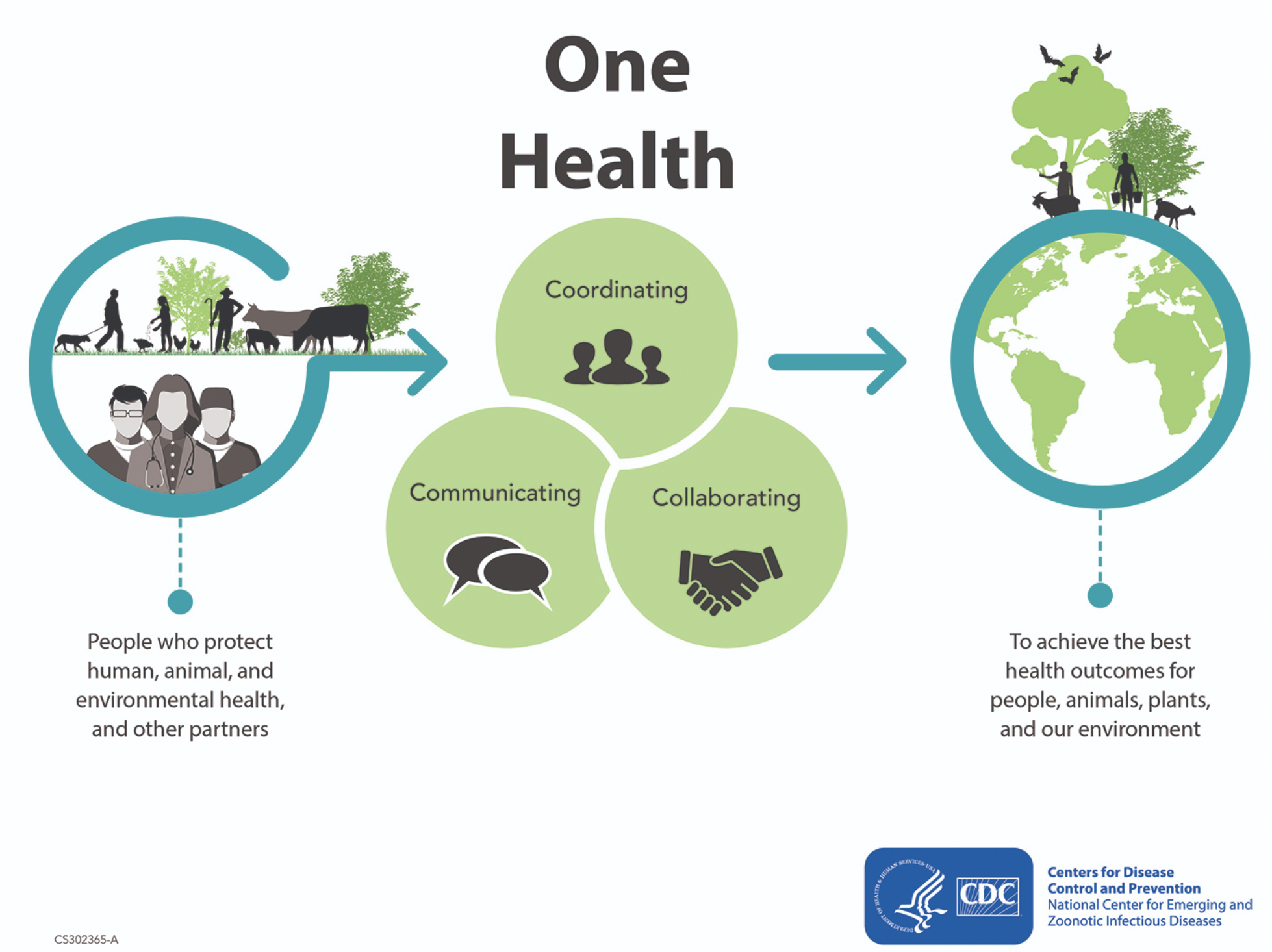HSP and CDC Collaborate to Create SARS-CoV-2 Surveillance Projects at the Human-Animal-Environment Interface in Both Thailand and Indonesia
In partnership with CDC-Thailand and the CDC-One Health Office in Atlanta, HSP continued to push forward discussions with sub-awardees at three universities in Thailand and Indonesia. These discussions focused on launching SARS-CoV-2 surveillance projects at the human-animal-environment interface. Current sub-award universities include Chulalongkorn University (Thailand), Mahidol University (Thailand), and the Mochtar Riady Institute for Nanotechnology (Indonesia).
In the bi-weekly meeting hosted on Wednesday, the CDC and HSP teams solidified final edits and adjustments to the surveillance projects. The sub-award teams have already been conducting essential preparations to begin their work and the projects are expected to officially kick off next month. While each project responded the same RFP, each has a different approach to surveilling SARS-CoV-2 at the human-animal-environment interface. For example, Mochtar Institute will collect bat and human samples at religious sites in Indonesia, Chulalongkorn University will collect samples from captive wildlife and free-roaming wildlife in close proximity to humans, and Mahidol University will collect samples from companion animals. Each project aims to learn more about transmission of SARS-CoV-2 at the human-animal-environment interface. HSP and CDC are currently reviewing proposals written by Vietnamese partners to conduct similar work in Vietnam. The project is made possible through the U.S. Government CARES Act funding.

Next Article Previous Article
